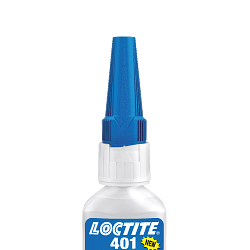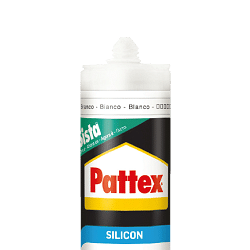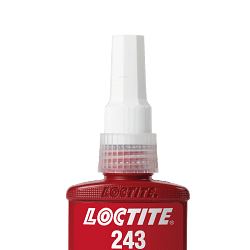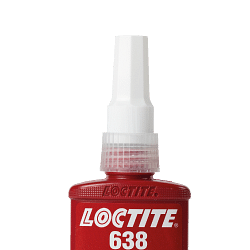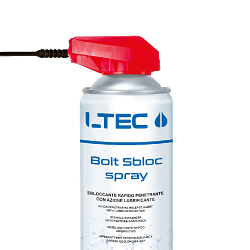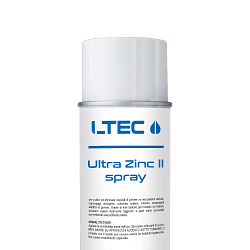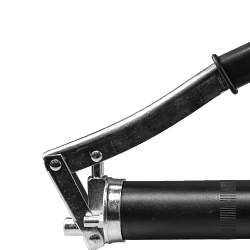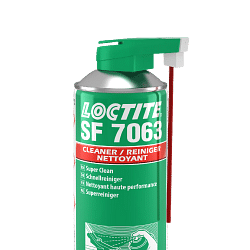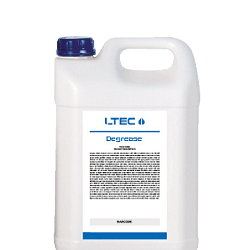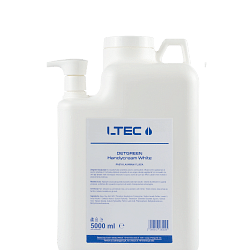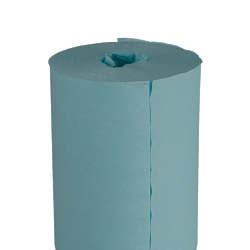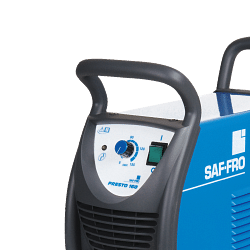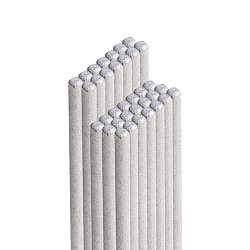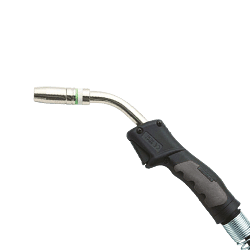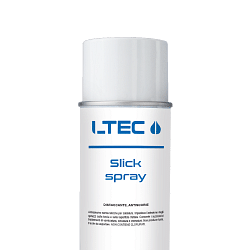Register and use the discount code NEWWELCOME to get 10% off on your first purchase. GET DISCOUNT.
Register and use the discount code NEWWELCOME to get 10% off on your first purchase. GET DISCOUNT.
Register and use the discount code NEWWELCOME to get 10% off on your first purchase. GET DISCOUNT.
Free shipping in 24h from 200€
Catalogues
Customer service
How can we help you?
- Faq
- Customer service
02.927371
- Supporting big orders
02.38298620
-
info@linkindustrialtools.it
- Request assistance with form
Or contact us with the chat in the lower right corner
- All products
 Integral cutting tools
Integral cutting tools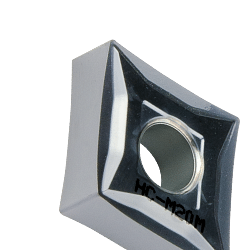 Turning tools
Turning tools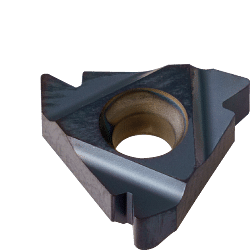 Thread tools
Thread tools Thread tools
Thread tools- All products
- Thread inserts
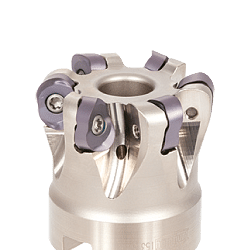 Milling cutters
Milling cutters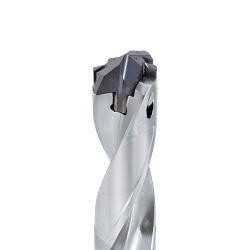 Drilling tools
Drilling tools Drilling tools
Drilling tools- All products
- Indexable drill bits
- Indexable drill heads
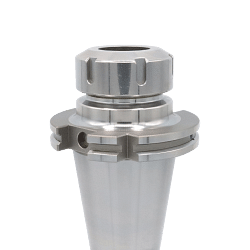 Clamping systems
Clamping systems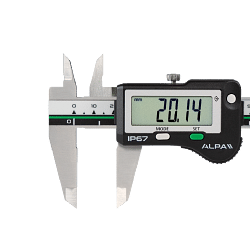 Measuring and precision tools
Measuring and precision tools Measuring and precision tools
Measuring and precision tools- All products
- Digital calipers with readings to 0.01
- Analogue calipers
- Digital micrometers
- Analogue micrometers
- Bore gauges
- Snap gauges
- Digital gauges
- Analogue gauges
- Touch probes
- Zero setters and edge finders
- Inspection plates
- Altimeters
- Height gauges
- Squares and levels
- Threaded rings
- Gauge blocks
- Calibrated tapes and thickness gauges
- Digital and analogue hardness testers
- Roughness testers
- Microscopes, lenses and visors
- Digital thermo-hygrometer to measure moisture
- Reset benches
- Optical profile projector
- Professional, digital dynamometers
- Laboratory scales
- Digital amperometric pliers
- Thickness and adhesion gauges
 Hand tools
Hand tools Hand tools
Hand tools- All products
- Combination wrenches
- Spanners
- Hook wrenches
- Tubular wrenches
- Hexagon keys
- Torx wrench
- Socket wrenches
- Screwdrivers
- Torque wrenches
- Torque screwdriver
- Inserts and bits for screw drivers
- Tool trolleys
- Workshop pliers
- Wire strippers
- Cable strippers
- Cutting nippers
- Professional scissors
- Nippers
- Professional shears
- American or Swedish pipe wrench
- Adjustable wrench
- Pipe tools
- Pipe cutter for plumber
- Cutter
- Hacksaws
- Deburring tools
- Chisels
- Hammers and mallets
- Mechanical and conical pullers
- Clamps
- Tap wrenches and die stocks
- Riveters
- Flexometers
- Tape measures
- Markers
- Flat squares and rulers
- Professional dividers
- Professional protractors
- Brushes
- Lubricators and spray nozzles
- T-wrenches
- Reversible ratchets
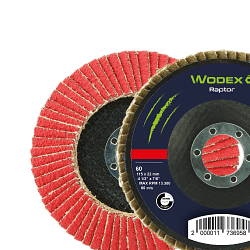 Abrasives
Abrasives Abrasives
Abrasives- All products
- Cutting discs
- Deburring grinding wheel
- Flap discs
- Fabric discs for surface treatment
- Abrasive fibre discs with Velcro
- Abrasive cloth in rolls, sheets and bands
- Flap wheels with pin and abrasive wheel with hole
- Abrasive wheels for buffing machines
- Abrasive spiral bands
- Abrasive brushes
- Flexible sanders
- Mounted grinding discs
- Polishing felt
- Solid carbide rotary cutters
- HSS rotary cutters
- Abrasive wheels for sharpening and grinding
- Diamond grinding wheels
- Grinding stone
- Diamond paste
- Abrasive stones
- Files and rasps
- Diamond files
- Grinders and polishing equipment
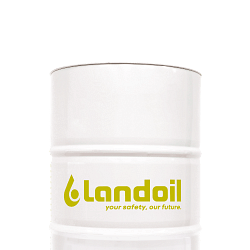 Lubricants for machine tools
Lubricants for machine tools Lubricants for machine tools
Lubricants for machine tools- All products
- Water-miscible coolants
- Neat cutting oil
- Minimal lubrication systems
- Oil for guides and slides
- Drums of hydraulic oil fluid
- Anti-freeze for machine tools
- Air coolers
- Oil separator
- Powders and absorbents for oil
- Aspirators for oil mist
- Accessories for cooling lubricants
- Metal and mould protectors
- Grease and paste
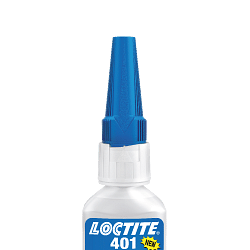 Chemical, adhesives and sealants
Chemical, adhesives and sealants Chemical, adhesives and sealants
Chemical, adhesives and sealants- All products
- Acrylic, cyanoacrylate and epoxy adhesives
- Guns and silicon sealant
- Threadlocker
- Sealants and retainers
- Release agents, lubricants and anti-seize
- Zinc spray and polishes
- Lubrication accessories
- Protections for maintenance
- Industrial Cleansing
- Handwash
- Industrial cloths and rags
- Welding machines
- Electrodes
- Clamps, shields and welding masks
- Antispatter
 Safety equipment
Safety equipment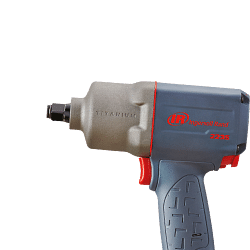 Pneumatics
Pneumatics Lifting systems
Lifting systems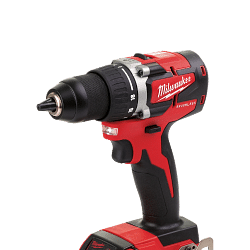 Workshop equipment
Workshop equipment Workshop equipment
Workshop equipment- All products
- Column and bench drills
- Accessories for lathes
- Band saws
- Cut-off machines
- Bench grinders
- Power tools
- Spare parts and accessories for Power Tools
- Saws and hole cutters: wood, metal and plasterboard
- Tapered cutters for sheet metal
- Industrial aspirators
- Fume aspirators
- Bench vices
- Technical lamps
- LED torches
- Industrial cable winders
- Trolley wheels
- Quick clamps
- Threaded inserts
- Control knobs
- Packaging accessories and material
- Belt sanders
- Electric tapping machines
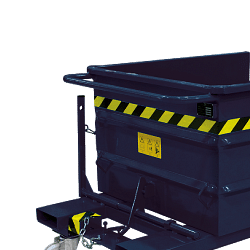 Furnishings and storage
Furnishings and storage Furnishings and storage
Furnishings and storage- All products
- Work benches
- Swivel chairs for office use
- Drawer units for workshops
- Industrial cabinets for warehouses and workshops
- Tool cabinets
- Security cabinets
- Changing room cabinets
- Containers for small metal parts
- Scrap holders
- Workshop trolleys
- Spill pallets for drum storage
- Shelves for warehouses and offices
- Cantilever shelving
- Aluminium ladders
- Modular plinths
- Units and cabinets for waste recycling
 Brand
BrandPromotions
 Bestseller
Bestseller- Catalogues
-
Catalogues
Customer service
How can we help you?
- Faq
- Customer service
02.927371
- Supporting big orders
02.38298620
-
info@linkindustrialtools.it
- Request assistance with form
Or contact us with the chat in the lower right corner
- Home
- Chemical, adhesives and sealants
Chemical, adhesives and sealants
The importance of chemicals, adhesives and sealants in the machine shop industry
In the world of machine shops, efficiency and precision are key elements in ensuring quality work and customer satisfaction. Among the various tools and materials used, chemicals, adhesives and sealants play a crucial role. These products not only improve machine performance, but also help to prolong machine life and reduce maintenance costs. In this in-depth look, we will explore in detail what these materials are, how they are used and what benefits they offer to machine shops.
Chemicals: the heart of mechanical maintenance
Chemicals for the mechanical industry comprise a wide range of solutions designed to clean, protect and improve the performance of machines. Among them, industrial cleaners are essential for removing grease, oil and other contaminants that can affect the operation of equipment. Regular use of specific cleaners helps keep surfaces clean, reducing wear and tear and preventing mechanical failure.
Corrosion inhibitors are another key type of chemical. These chemical compounds form a protective barrier on metal surfaces, preventing rust and corrosion. In industrial environments where moisture and chemicals are present, the use of corrosion inhibitors is essential to ensure the longevity of equipment.
Adhesives: the invisible strength of mechanical connections
Industrial adhesives are used to join different materials, offering an alternative solution to traditional fastening methods such as screws and bolts. Structural adhesives, for example, are designed to withstand high loads and are ideal for applications requiring a durable and strong connection. These adhesives are often used in combination with other fastening methods to improve the overall strength of joints.
Another advantage of adhesives is their ability to evenly distribute stress over the entire contact area, reducing the risk of stress concentration points that could lead to failure. In addition, adhesives offer greater design freedom, allowing the creation of lighter and more complex structures.
Sealants: protection and safety for machine shops
Sealants are materials used to fill empty spaces and prevent the escape of fluids or gases. In machine shops, sealants are essential for sealing joints and connections, preventing leaks that could compromise the safety and efficiency of operations.
Silicone sealants, for example, are widely used for their resistance to high temperatures and chemicals. These sealants are ideal for applications where an airtight and durable seal is required. In addition, polyurethane sealants offer excellent adhesive properties and are used in applications requiring superior mechanical strength.
Benefits of using chemicals, adhesives and sealants
The use of chemicals, adhesives and sealants in mechanical workshops offers numerous advantages. Firstly, these products help to improve operational efficiency by reducing downtime and maintenance costs. The protection offered by chemicals against corrosion and wear extends the life of equipment, while adhesives and sealants ensure secure and reliable connections.
In addition, the use of adhesives and sealants can reduce the overall weight of structures, improving energy efficiency and reducing transport costs. These materials also offer greater design flexibility, allowing for innovative and complex designs.
Frequently asked questions on the use of chemicals, adhesives and sealants
1. What are the main factors to consider when choosing an industrial adhesive?
The choice of an industrial adhesive depends on several factors, including the type of materials to be joined, the environmental conditions to which the joint will be exposed and the mechanical strength requirements. It is important to select an adhesive that offers the right combination of strength, flexibility and chemical resistance.
2. How are sealants applied correctly?
The correct application of sealants requires proper preparation of the surfaces, which must be clean and free of contaminants. It is important to follow the manufacturer's instructions to ensure an effective and durable seal.
3. What are the risks associated with the use of chemicals in machine shops?
The use of chemicals involves certain risks, including exposure to toxic substances and the possibility of dangerous chemical reactions. It is essential to follow safety guidelines and use personal protective equipment to minimise risks.
4. Can adhesives completely replace traditional fixing methods?
Although adhesives offer many advantages, in some applications it is still necessary to use traditional fastening methods to ensure the safety and reliability of connections. Adhesives can be used in combination with other methods to improve overall strength.
5. What are the future trends in the use of chemicals, adhesives and sealants?
Future trends include the development of more sustainable and environmentally friendly products, as well as the innovation of materials with improved performance for specific applications. The industry is also exploring the use of advanced technologies to optimise the application and effectiveness of these materials.
In conclusion, chemicals, adhesives and sealants are essential components for the success of machine shops. Their correct selection and application can significantly improve machine performance, reduce operating costs and ensure safe operations. As technologies and materials continue to evolve, the importance of these products will continue to grow, offering new opportunities to improve efficiency and innovation in the mechanical sector.
Read More Read LessIn the world of machine shops, efficiency and precision are key elements in ensuring quality work and customer satisfaction. Among the various tools and materials used, chemicals, adhesives and sealants play a crucial role. These products not only improve machine performance, but also help to prolong machine life and reduce maintenance costs. In this in-depth look, we will explore in detail what these materials are, how they are used and what benefits they offer to machine shops.
Chemicals: the heart of mechanical maintenance
Chemicals for the mechanical industry comprise a wide range of solutions designed to clean, protect and improve the performance of machines. Among them, industrial cleaners are essential for removing grease, oil and other contaminants that can affect the operation of equipment. Regular use of specific cleaners helps keep surfaces clean, reducing wear and tear and preventing mechanical failure.
Corrosion inhibitors are another key type of chemical. These chemical compounds form a protective barrier on metal surfaces, preventing rust and corrosion. In industrial environments where moisture and chemicals are present, the use of corrosion inhibitors is essential to ensure the longevity of equipment.
Adhesives: the invisible strength of mechanical connections
Industrial adhesives are used to join different materials, offering an alternative solution to traditional fastening methods such as screws and bolts. Structural adhesives, for example, are designed to withstand high loads and are ideal for applications requiring a durable and strong connection. These adhesives are often used in combination with other fastening methods to improve the overall strength of joints.
Another advantage of adhesives is their ability to evenly distribute stress over the entire contact area, reducing the risk of stress concentration points that could lead to failure. In addition, adhesives offer greater design freedom, allowing the creation of lighter and more complex structures.
Sealants: protection and safety for machine shops
Sealants are materials used to fill empty spaces and prevent the escape of fluids or gases. In machine shops, sealants are essential for sealing joints and connections, preventing leaks that could compromise the safety and efficiency of operations.
Silicone sealants, for example, are widely used for their resistance to high temperatures and chemicals. These sealants are ideal for applications where an airtight and durable seal is required. In addition, polyurethane sealants offer excellent adhesive properties and are used in applications requiring superior mechanical strength.
Benefits of using chemicals, adhesives and sealants
The use of chemicals, adhesives and sealants in mechanical workshops offers numerous advantages. Firstly, these products help to improve operational efficiency by reducing downtime and maintenance costs. The protection offered by chemicals against corrosion and wear extends the life of equipment, while adhesives and sealants ensure secure and reliable connections.
In addition, the use of adhesives and sealants can reduce the overall weight of structures, improving energy efficiency and reducing transport costs. These materials also offer greater design flexibility, allowing for innovative and complex designs.
Frequently asked questions on the use of chemicals, adhesives and sealants
1. What are the main factors to consider when choosing an industrial adhesive?
The choice of an industrial adhesive depends on several factors, including the type of materials to be joined, the environmental conditions to which the joint will be exposed and the mechanical strength requirements. It is important to select an adhesive that offers the right combination of strength, flexibility and chemical resistance.
2. How are sealants applied correctly?
The correct application of sealants requires proper preparation of the surfaces, which must be clean and free of contaminants. It is important to follow the manufacturer's instructions to ensure an effective and durable seal.
3. What are the risks associated with the use of chemicals in machine shops?
The use of chemicals involves certain risks, including exposure to toxic substances and the possibility of dangerous chemical reactions. It is essential to follow safety guidelines and use personal protective equipment to minimise risks.
4. Can adhesives completely replace traditional fixing methods?
Although adhesives offer many advantages, in some applications it is still necessary to use traditional fastening methods to ensure the safety and reliability of connections. Adhesives can be used in combination with other methods to improve overall strength.
5. What are the future trends in the use of chemicals, adhesives and sealants?
Future trends include the development of more sustainable and environmentally friendly products, as well as the innovation of materials with improved performance for specific applications. The industry is also exploring the use of advanced technologies to optimise the application and effectiveness of these materials.
In conclusion, chemicals, adhesives and sealants are essential components for the success of machine shops. Their correct selection and application can significantly improve machine performance, reduce operating costs and ensure safe operations. As technologies and materials continue to evolve, the importance of these products will continue to grow, offering new opportunities to improve efficiency and innovation in the mechanical sector.

Most requested in the category


